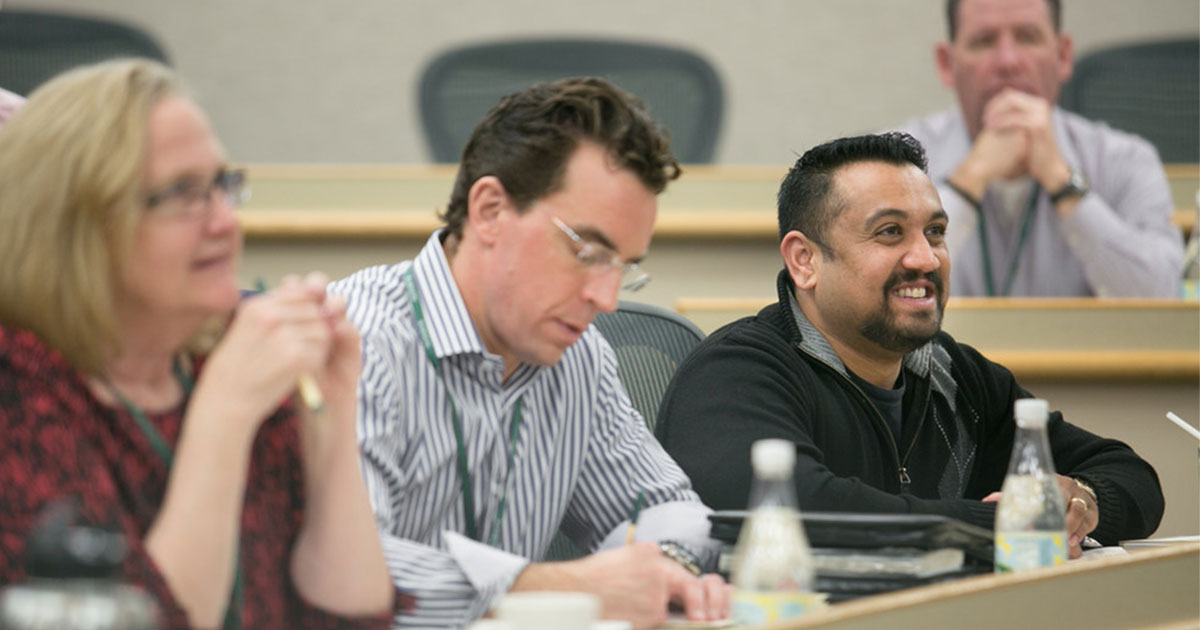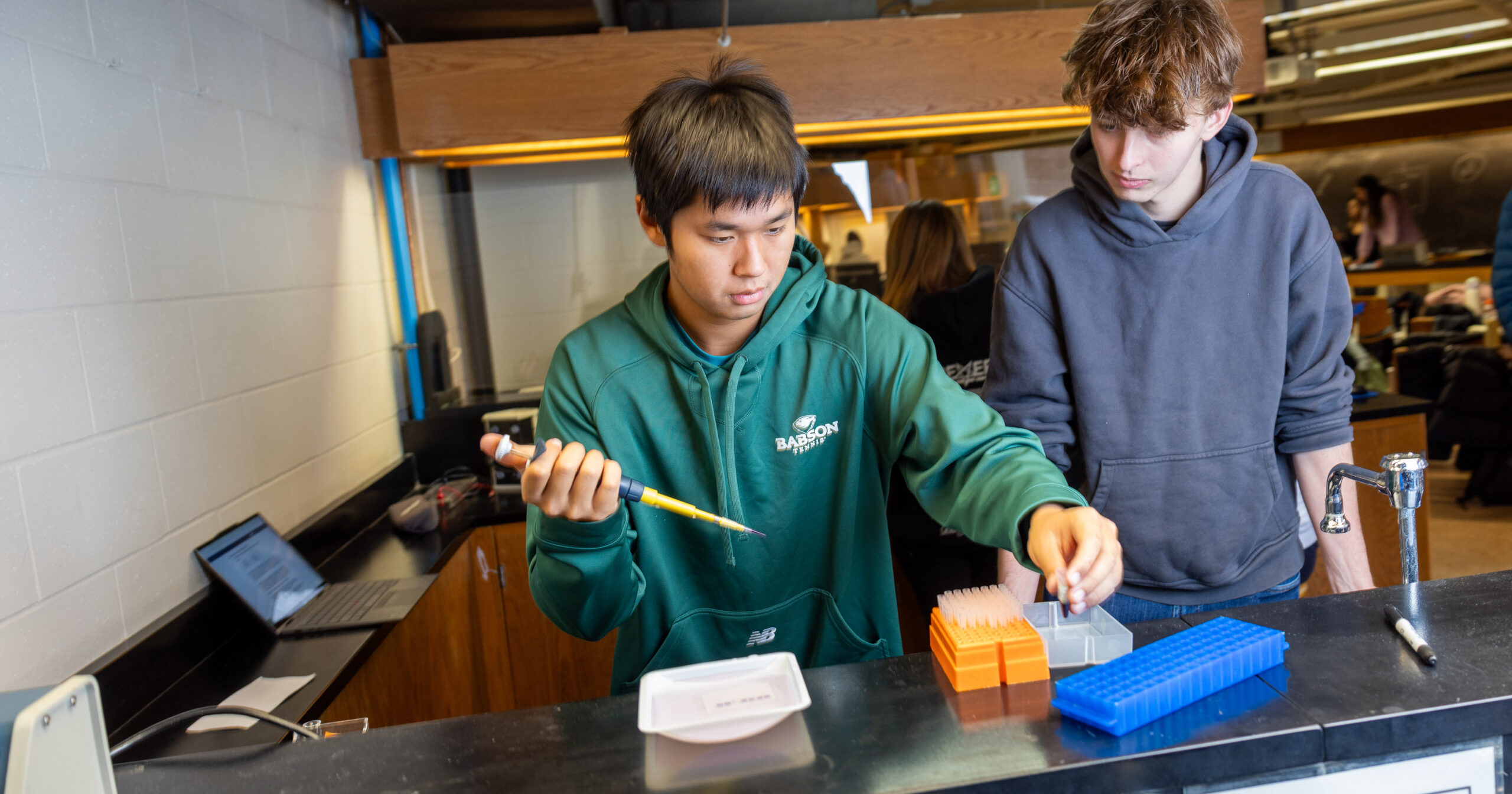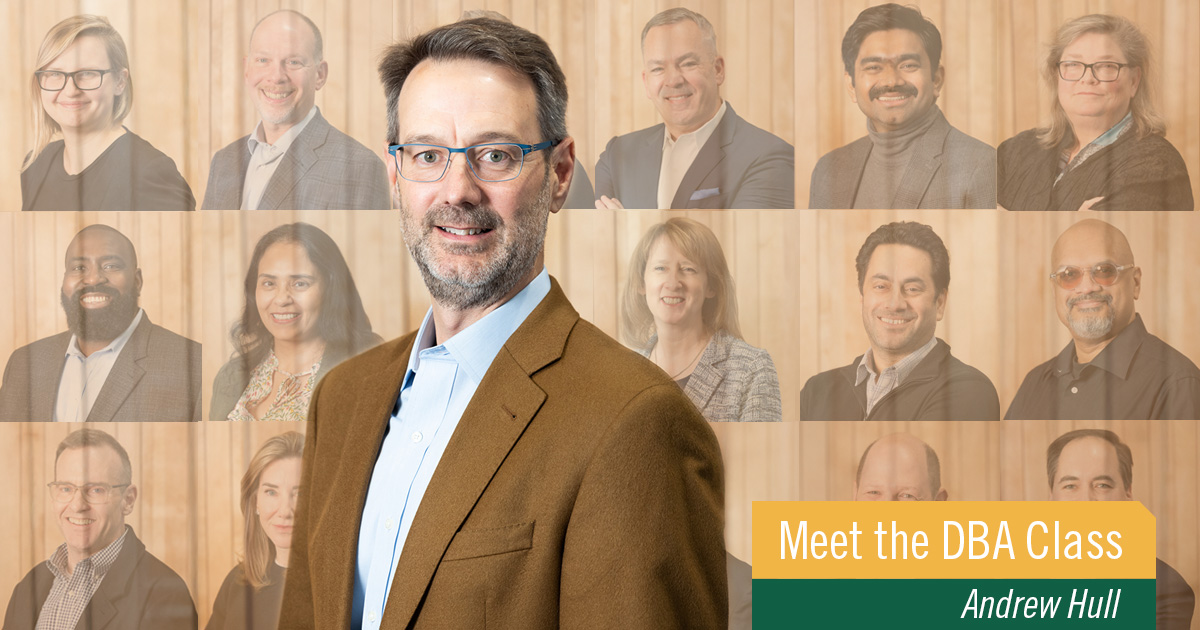In an Age of Disruption, Employee Development Can’t Be Ignored

At one time, workers could expect a lot from their employers. A company might provide a pension and good health care, and it was concerned about employee development and learning.
The worker-employer relationship was a long-term commitment that could last decades. Now, that’s changed.
“It used to be individuals joined an organization, and it would train them and prepare them for the next step in the organization,” says Karen Hebert-Maccaro, the CEO of Babson Executive Education. “They would invest in them. Organizations protected employees throughout their lifetime.”
The shifting nature of work has meant many adjustment for employees. With no pensions to depend on, the responsibility for retirement savings now rests mainly on them. Good health care coverage is no longer a guarantee either.
And if they want their skills to remain relevant in today’s ever-changing marketplace, they need to think hard about continuing their education on their own. In the latest issue of the Babson Magazine, the feature story “Lifelong Learning” looks at how one’s education can’t end at graduation, and at how Babson is helping students and working professionals to keep their careers vibrant across a lifetime. For instance, the College recently launched a fully online MBA degree.
As Hebert-Maccaro is quick to point out, however, the changing nature of work has repercussions, not just for employees, but also for employers. If employers want to compete in a world where technological disruption can upend whole industries, they can’t simply give up on employee development. “Organizations recognize that they have to invest in their workforce, or otherwise they’ll end up obsolete,” she says.
Why Employee Development Matters
Companies are under a lot of pressure. Costs, including health care benefits, keep rising, as do shareholder expectations. Under these demands, they may not make employee development a priority. “They are making tough decisions on what they can provide,” says Hebert-Maccaro. “They are making tradeoffs.”
But not investing in workers comes with serious risks. Good employees may leave because they don’t feel valued. Other workers may find themselves unable to do their jobs as effectively as they once did because of advancing technology. Think of developers not trained on the latest programming language, or of marketing professionals unfamiliar with digital marketing techniques. “Companies run the risk of affecting their products and services,” says Hebert-Maccaro.
She relays the classic anecdote about the HR executive pitching a CFO on the need for employee development. “What if we invest in them and they leave?” asks the CFO. The person from HR counters, “What if we don’t invest in them and they stay?”
Start Slow, Build Gradually
Individual employees, meanwhile, also face risks if they don’t take the time to update their competencies. “You have to constantly evolve and adapt. It’s recognized that people in the workforce now are not able to rest on a narrow skillset,” says Hebert-Maccaro. “If you want to be competitive to get the next job, you need to refresh. If people aren’t reinventing themselves, they are likely already irrelevant.”
For those individuals, though, the thought of learning something new, much less remaking and reinventing a whole career, can seem daunting. Hebert-Maccaro advises them to take a breath. Learning should not be about cramming as much information as we can in as short an amount of time as possible.
“What if we invest in them and they leave?” asks the CFO. The person from HR counters, “What if we don’t invest in them and they stay?”
“Don’t try to boil the ocean,” she says. “You start out slow and build on it gradually. This is about how you continually engage.” Hebert-Maccaro says employees should pick a reasonable learning goal and work consistency towards it. Once that’s accomplished, pick another goal. “The key is lifelong learning, continuous leaning,” she says.
At Babson Executive Education, a hearty selection of open enrollment and custom programs are available for individuals and companies, and Hebert-Maccaro plans to keep adding more offerings in the future. She believes that all workers should have an academic partner, such as Babson, that they can rely on for learning.
“Every alumnus of this institution should think of us as a lifelong partner,” she says. “We already have this great connection. We should be the resource they come to.”
Posted in Insights




